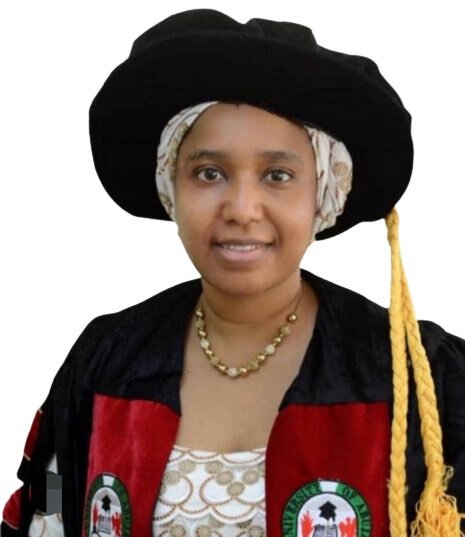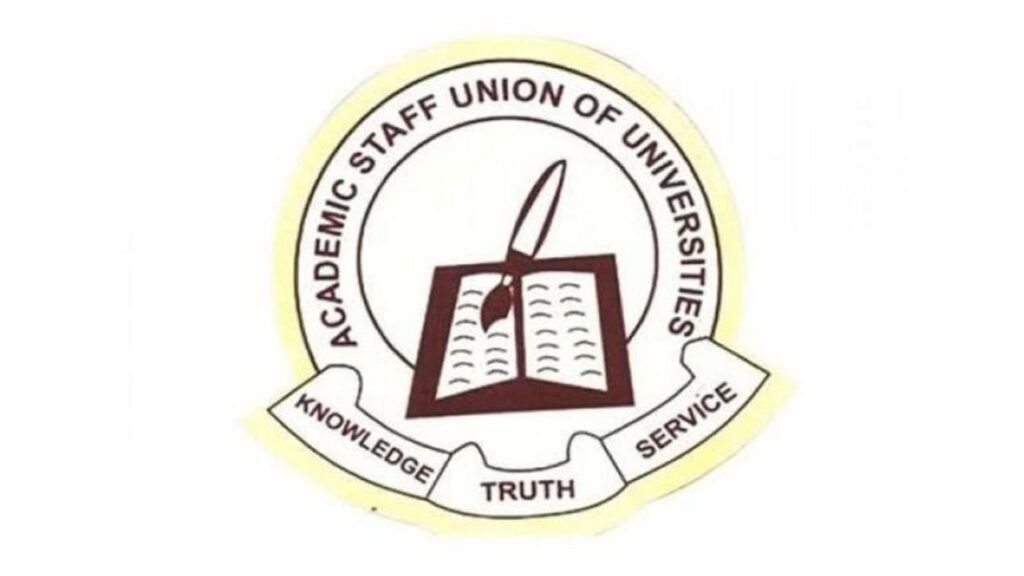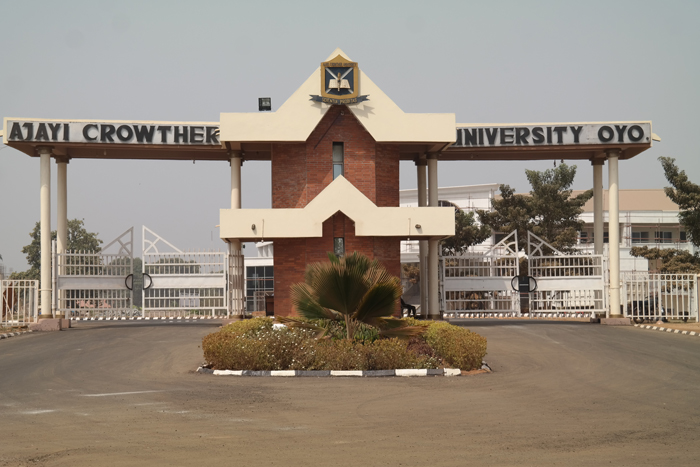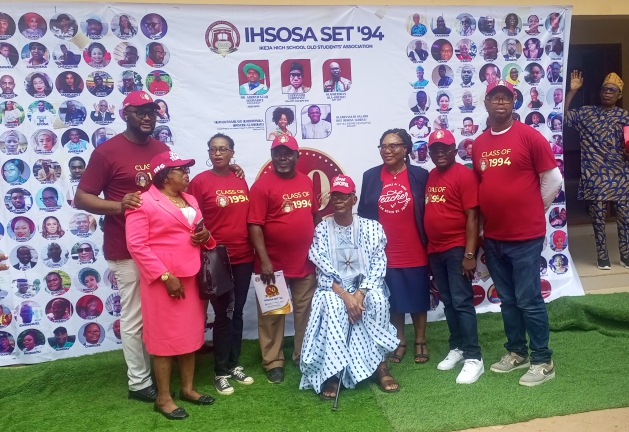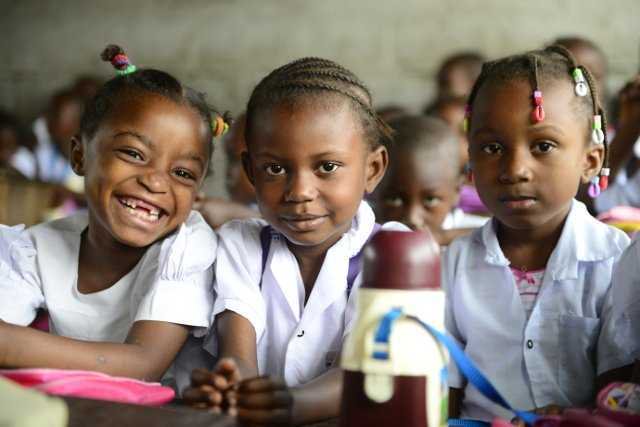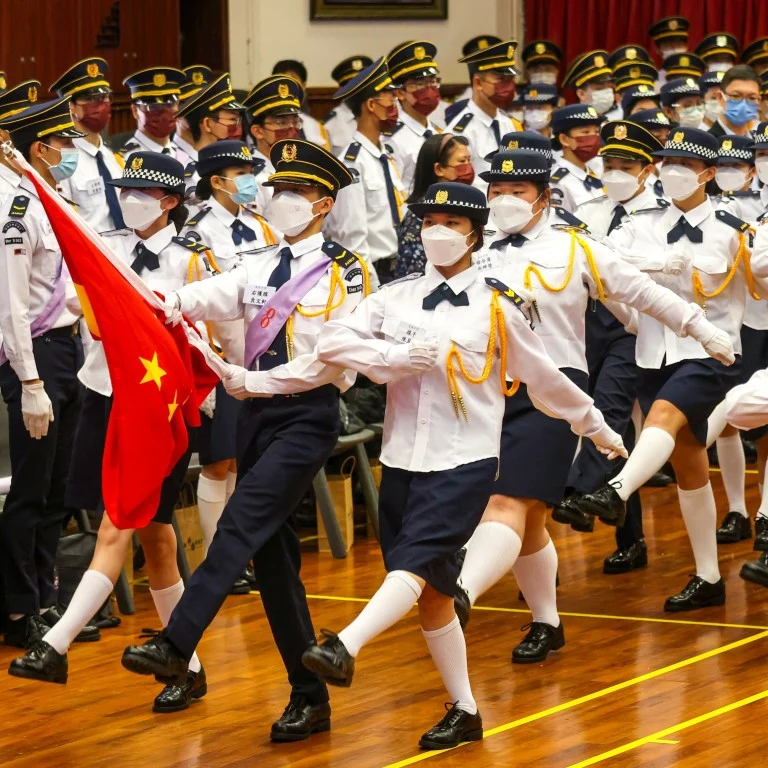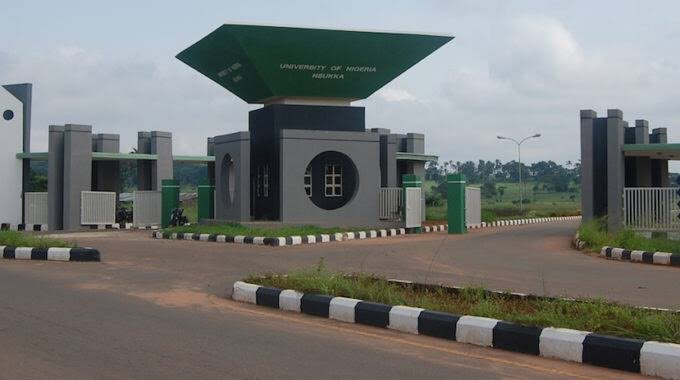 In its efforts at empowering innovators and researchers in the country, the University of Lagos (UNILAG), through its innovation to market (I2M) project has connected 362 novel inventors to the market in its first year.
In its efforts at empowering innovators and researchers in the country, the University of Lagos (UNILAG), through its innovation to market (I2M) project has connected 362 novel inventors to the market in its first year.
The I2M is meant to nurture innovations at various stages, by providing training, incubation, mentorship, advisory, funding, patenting company and tax registration and industry linkage needed to commercialise researches that solve societal problems.
The acting director of Innovation and Technical Management Office (ITMO) of the university, Dr Abiodun Gbenga-Ilori, at the 2023 end-of-year press conference to evaluate the progress made so far, and raise awareness for the year 2024, said the project partnered with facilitators drawn across academia and industry to develop training on various aspects of innovation and uploaded these on the learning management system of the iBank platform.
According to him, the onboarded innovators were to participate in a self-paced training on innovation and its nuances., and in the end, 362 of the 524 innovators completed the training.
“Completing the training was a prerequisite to receiving further support from the project. Innovators with promising innovation, who could convincingly show a viable plan for the market, were scheduled to pitch for resources from the project,” she said.
Gbenga-Ilori explained that the project, which is being funded by a grant from the Foreign, Commonwealth and Development Office (FCDO) through the Research and Innovation Systems for Africa (RISA) to address three core challenges inhibiting innovation, including lack of training on how to innovate, lack of a support system for innovators, and lack of a clear pathway from innovation to market, received a grant of $352,682 from in 2023 to tackle the said challenges.
An elated Gbenga-Ilori disclosed that the funders have extended the grant for Project I2M from $352,682 to $748,722, for this year.
“The project has evolved into a multi-year intervention and the application process for this year has commenced,” she added.
Resources provided to innovators included prototype funding, intellectual property (IP) filing, company and tax registration, access to the incubator programme, and industry linkage towards commercialisation.
According to her, in the first year, 62 innovators received prototype funding; 67 intellectual property applications were filed, 50 start-ups were incubated, 40 start-ups filed with the corporate affairs commission, and 20 start-ups received seed grants of N850,000.00 each.
The Vice-Chancellor, Prof. Folasade Ogunsola, applauded the project, describing it as an initiative geared towards turning concepts into viable commercial ventures.
“This initiative aims to bridge the gap between innovation and commercialisation. Its primary objective is to provide innovators with the necessary resources, mentorship, and support to transform their ideas into market-ready products and services,” she said.
Ogunsola maintained that the key strength of the project is its holistic approach, which makes it consider the multifaceted nature of innovation, recognising that success requires more than just a brilliant idea.
One of the beneficiaries, Modupe Ologunagba, a lecturer in the Faculty of Pharmacy, UNILAG, shared her experiences with I2M project.
She said: “My invention is in the area of product development. I innovated a poly-herbal formulation for burns. The conventional products for the management of burns are actually from chemicals, and most of them do have side effects and are quite expensive.
“For extensive burns, you have to use this product for a length of time and this tells on the pockets of patients. Looking inwards and due to the lessons of covid-19 pandemic, there is a need for the pharma industry to look inwards because we have a lot of flora that are effective and can be utilised.
The idea of utilisation of local content to develop our products is a strategy to ensure medicine security, affordability, and availability.”
Speaking on how the initiative has helped her, Ologunagba said; “I2M has helped me in the area of harnessing my potential into entrepreneurship. Even though I’m a formulation scientist, I have been looking at it from the angle of entrepreneurship, which is what is needed.
“I have been able to do a prototype of the product. I intend enlisting for the acceleration model so that I can be listed for the training hub for eventual commercialisation.”
The project consortium currently has 11 members, namely the University of Nigeria, Nsukka (UNN), University of Benin (UNIBEN), University of Jos (UNIJOS), Maranatha University Lagos (MUL), Bayero University, Kano (BUK), University of Ibadan (UI), Obafemi Awolowo University (OAU), Lead City University (LCU), Professor Ayodele Awojobi Design Competition – PAADC, Olabisi Onabanjo University (OOU), and Imo State University, (IMSU), Owerri.


